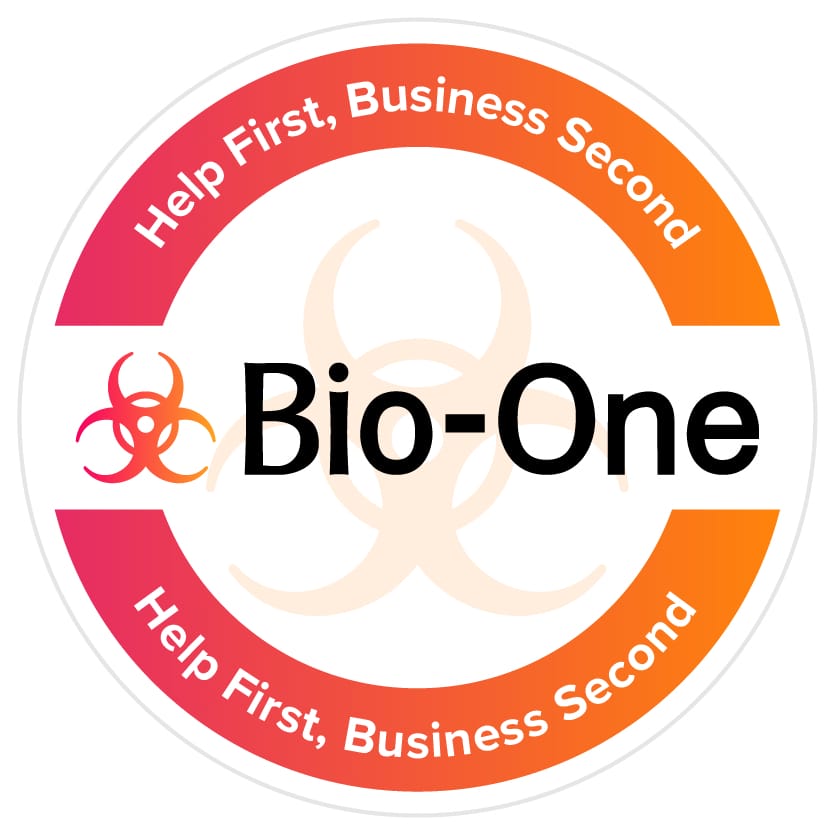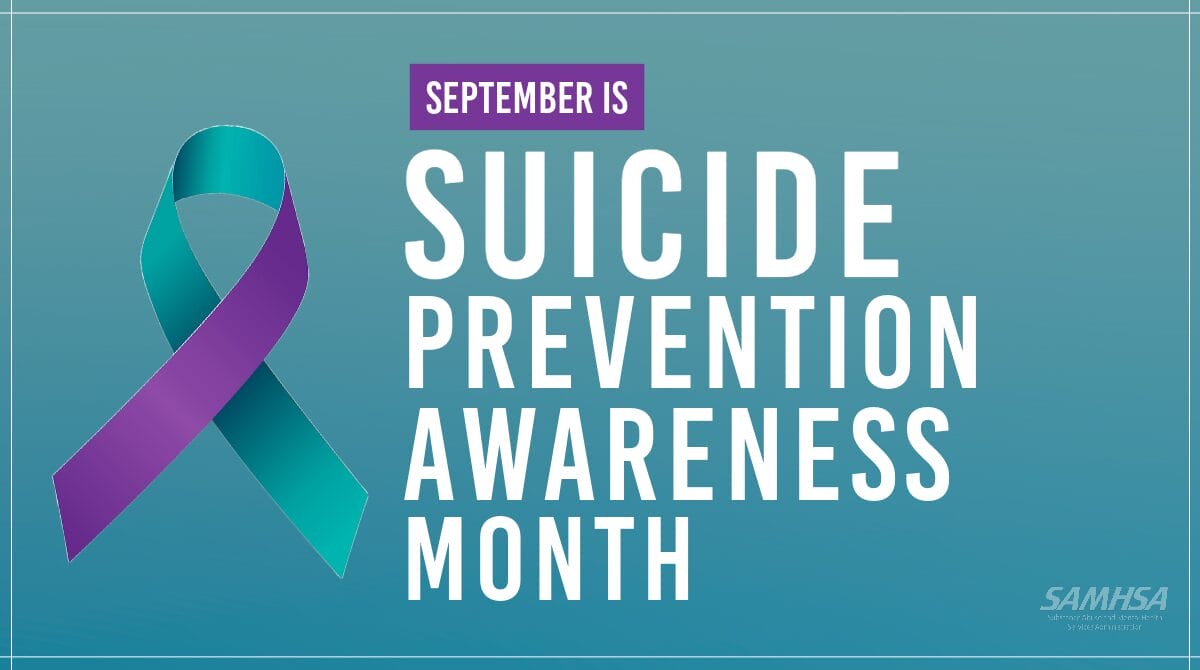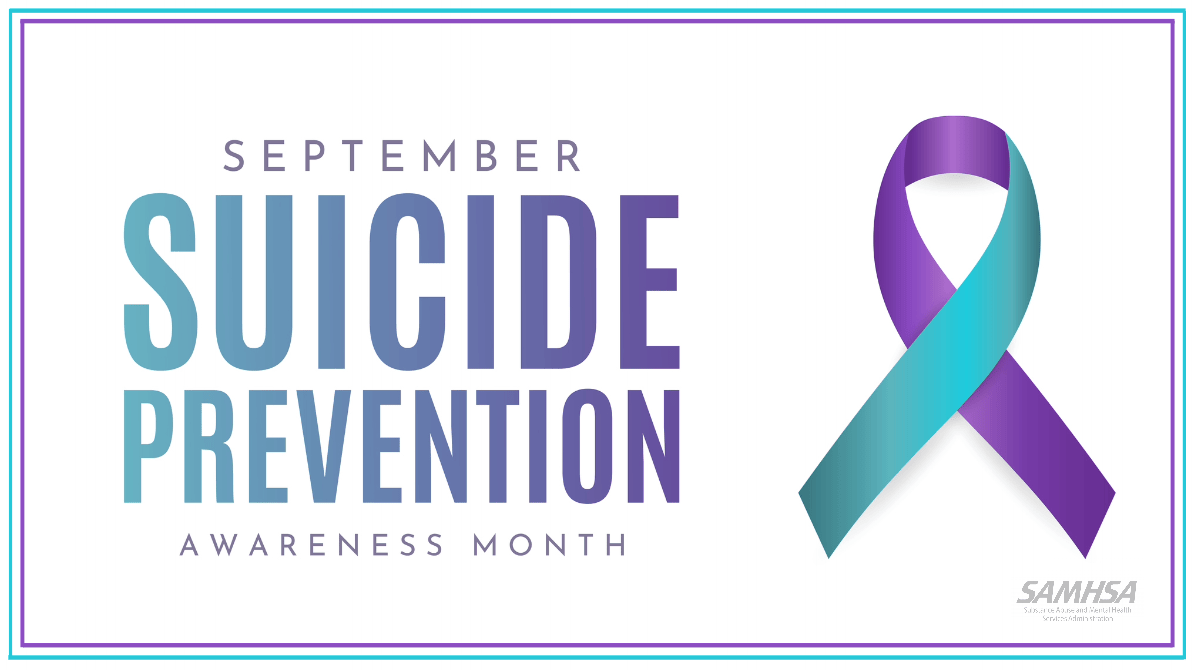
“Hope is being able to see that there is light despite all of the darkness.”
~Desmond Tutu
National Suicide Prevention Month

Start a Conversation. Be the Difference
#SuicidePreventionMonth reminds us that talking about suicide isn’t harmful — silence is. One honest conversation can be a turning point in someone’s life.
This National Suicide Prevention Month we remember the lives lost to suicide, the millions of people who have struggled with suicidal ideation, and acknowledge the individuals, families, and communities that have been impacted. It is also a time to raise awareness about suicide prevention and share messages of hope.
Suicide is a public health problem because of its far-reaching effects:
- 1 in 20 U.S. adults (5%) have serious thoughts of suicide each year.
- About 1 person dies by suicide in the U.S. every 11 minutes.
- 79% of all people who die by suicide in the U.S. are male.
- Although more women* than men attempt suicide, men are 4x more likely to die by
suicide. - In the U.S., suicide is the 2nd leading cause of death among people ages 10-14 and among people ages 15-24, and the 11th leading cause of death overall.
Suicide prevention is everyone’s business. Be there and be the one to ask, keep them safe and help them connect to crisis resources.
What To Watch For

Individual, relationship, community, and societal factors may influence the risk of suicide. Research has found that 46% of people who die by suicide had a known mental health condition. Several other factors may put a person at risk of suicide, including but not limited to:
- A family history of suicide
- Substance use: Drugs can create mental highs and lows that worsen suicidal thoughts.
- Intoxication: Analysis from the CDC indicates around 1 in 5 people who die by suicide had alcohol in their system at the time of death.
- Access to firearms
- A serious or chronic medical illness
- Gender: Although more women than men attempt suicide, men are 4x more likely to die by suicide.
- A history of trauma or abuse
- Prolonged stress
- A recent tragedy or loss
How To Get Help

There are a few ways to approach a suicide-related crisis:
- Talk openly and honestly. Don’t be afraid to ask questions like: “Do you have a plan for how you would kill yourself?”
- Remove means such as guns, knives or stockpiled pills
- Calmly ask simple and direct questions, like “Can I help you call your psychiatrist?”
- If there are multiple people around, have one person speak at a time
- Express support and concern
- Don’t argue, threaten or raise your voice
- Don’t debate whether suicide is right or wrong
- Be patient
- Learn more about suicide prevention from the CDC Suicide Prevention Resources for Action website or the SAMHSA 988 Hotline website.

Did You Know? Bio-One Columbus frequently partners with LOSS- Franklin County. Their mission is to be an instillation of hope to those bereaved by suicide, empowering survivors so they can thrive, with their vision to create a community of loss survivors experiencing a restoration of hope and standing together for suicide awareness. If you are in need of their services or know someone who can benefit, please visit their website or call them today at 614-530-8064.
Bio-One of Columbus is a leader in crime scene cleanup and biohazard decontamination services in Columbus. Our technicians are highly skilled and have been trained on OSHA's safety standards. Bio-One of Columbus continues to be the most passionate and caring company in the cleaning services industry.
For more information, visit us at https://bioonecolumbus.com/
Twitter: @BioOneColumbus
LinkedIn: Bio-One Columbus
Facebook: Bio-One Columbus
Instagram: Bio-One Columbus
Bluesky: Bio-One Columbus
Copyright © 2025 Bio-One Columbus, All rights reserved.


